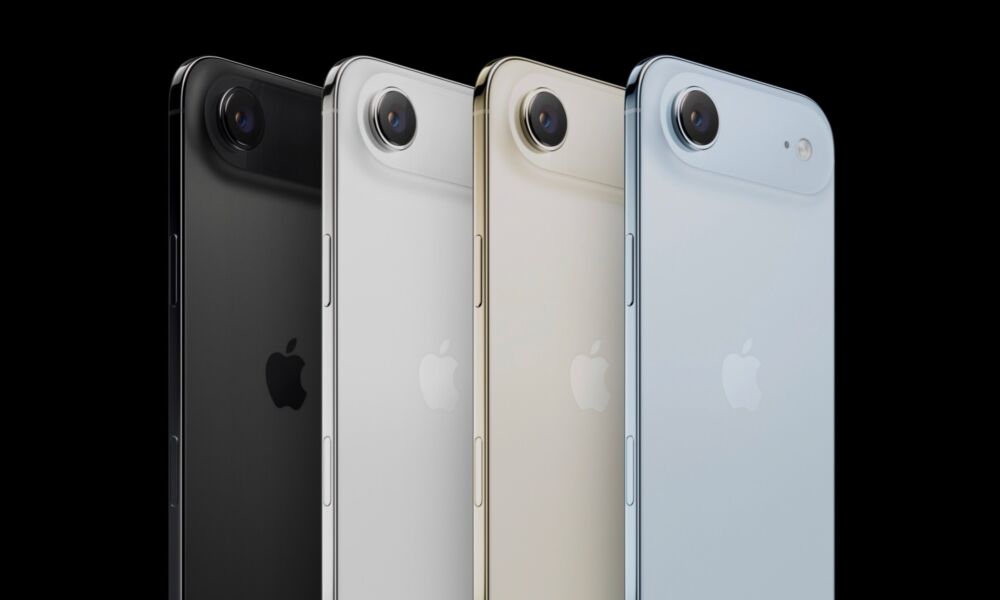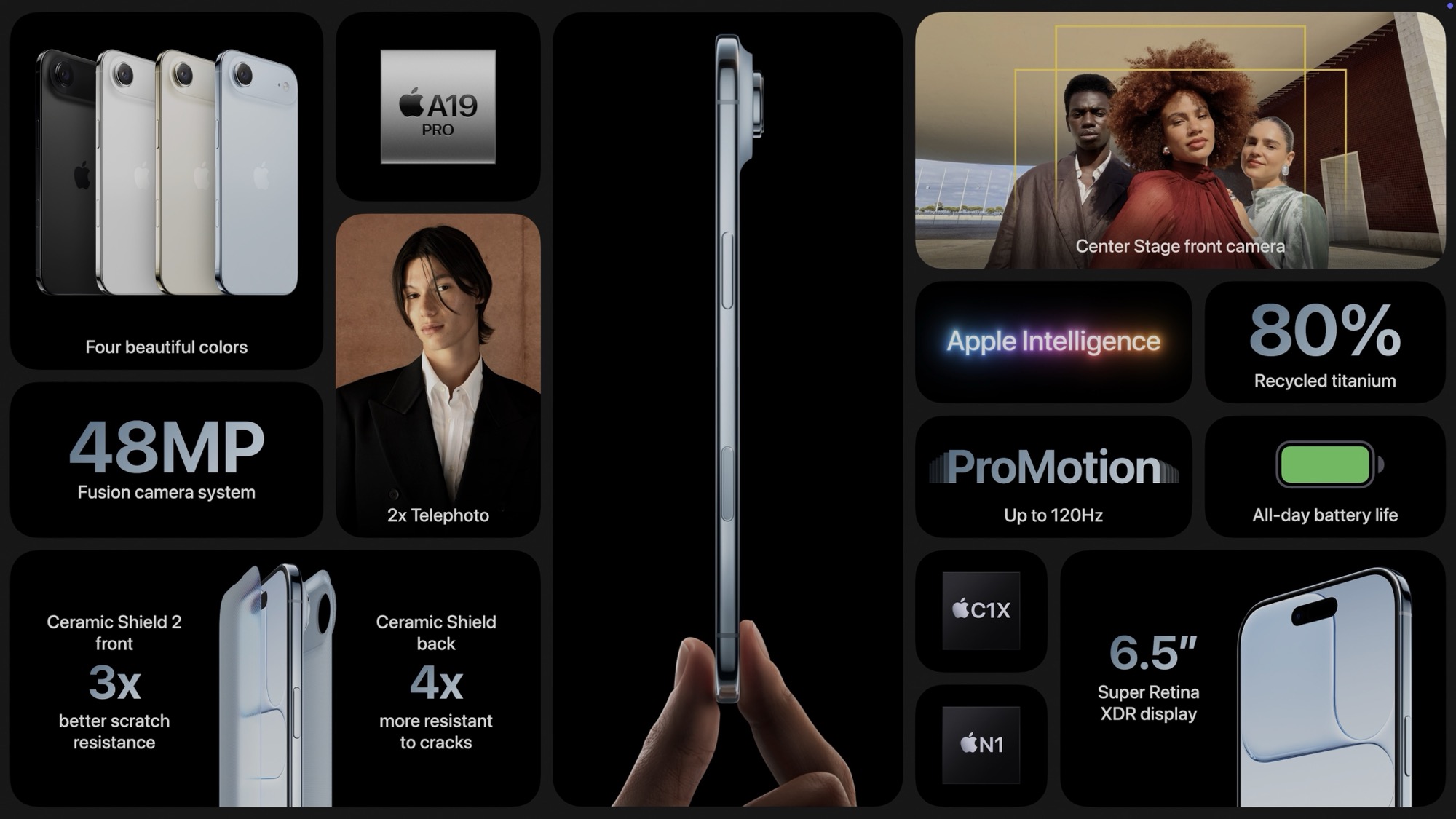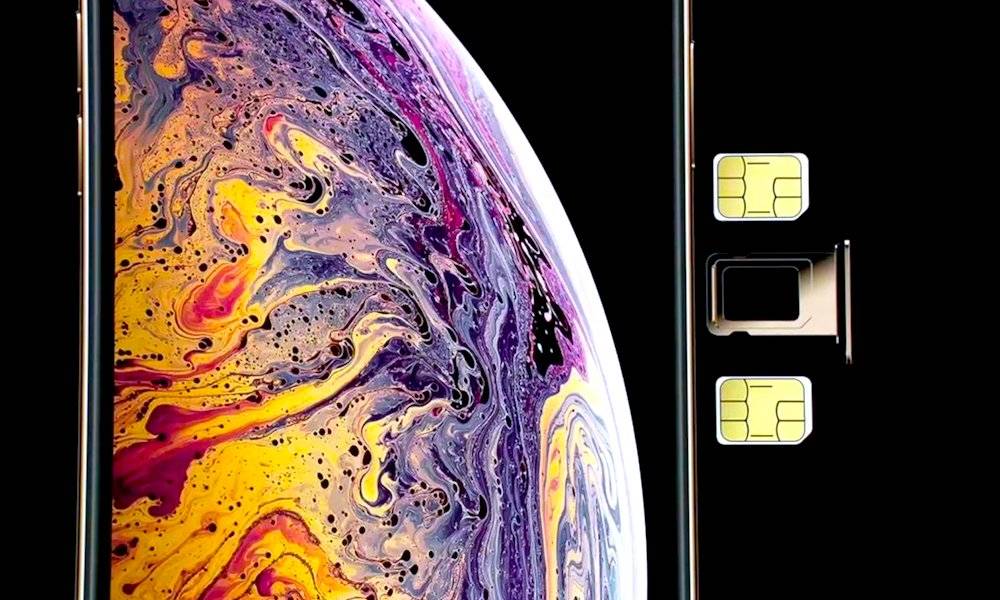The iPhone Air Will Take Flight in China on October 17

Toggle Dark Mode
One of this year’s iPhone models is getting a late start. While Apple launched four new iPhones during its September “Awe Dropping” event, one model was conspicuously missing from preorders in its biggest overseas market: the incredibly thin new iPhone Air.
That’s not because Apple didn’t want to sell its flashy new iPhone there, nor does China have a problem with slim iPhones, specifically. It’s what Apple needed to do to make the iPhone Air only 5.6 mm thick, which ran headlong into Beijing’s regulatory requirements.
Thankfully, Apple appears to have sorted out these issues. This week, Apple CEO Tim Cook posted on Weibo that preorders for the iPhone Air will begin this Friday, October 17, with the usual retail availability the following week.
As many expected, the iPhone Air is the first model to eliminate physical SIM cards across the board. While the iPhone 14 ditched the SIM card slot for the US models to rely exclusively on eSIM technology, iPhones sold everywhere else in the world have retained the physical eSIM slot. This year’s iPhone 17 models were the first to go eSIM-only beyond US borders, but that’s still only in 11 other countries; most of the world still gets an iPhone 17 with a physical SIM card — including China.
However, if you’ve held an iPhone Air in your hands, or even taken a close look at one, it’s not hard to see why Apple had no room for a physical SIM card. The 5.6 mm casing is almost entirely battery, with all the electronics crammed into the camera plateau. This is an eSIM-only model, through and through — and that turned out to be a problem in China.
The Middle Kingdom has been particularly slow to embrace eSIM technology. Seven years ago, when Apple released its first dual-SIM models — the iPhone XS, XS Max, and XR — every country in the world had the now-familiar combination of physical SIM and eSIM — except China, which maintained two physical SIM card slots. That’s the only place in the world where you’ll find any iPhone with that configuration.
As I noted in September, when the rumors of the SIM-less iPhone Air began circulating in earnest, China is the only country in the world that effectively regulates the use of eSIM technology:
While most countries don’t have a legal requirement that devices have a physical SIM card slot, China is the notable exception. Although there’s no explicit law or regulation, the regulatory framework effectively creates a de facto restriction, as all smartphones sold in China must obtain a Network Access License (NAL) and a State Radio Regulation of China (SRRC) Type Approval Certificate from the Ministry of Industry and Information Technology (MIIT). The process is somewhat opaque, but most analysts believe the MIIT has created a barrier to eSIM adoption by refusing to approve any devices that don’t include a physical SIM.
At the time, this raised the question of potential problems Apple would have trying to sell the iPhone Air in China. The MIIT has approved eSIM technology for Internet of Things (IoT) devices and smartwatches, including the Apple Watch, but it was merely “studying” the use of eSIM technology for mobile phones.

Nevertheless, during its Awe Dropping event, Apple seemed optimistic that the iPhone Air would launch in China alongside the rest of this year’s iPhone lineup later that same week, listing it among the same 63 countries that were getting the iPhone 17, iPhone 17 Pro, and iPhone 17 Pro Max.
It wasn’t until preorders opened on September 12 that Apple conceded that the iPhone Air wouldn’t be coming to mainland China, with the South China Morning Post reporting it had quietly updated its website to say that release information would be coming later.
At the time, the issue appeared to be mostly bureaucratic. Apple reportedly had all three state-owned carriers on board and ready to support the eSIM-only iPhone Air, but everyone was waiting for the MIIT to give the go-ahead to begin selling them. Apple could only say that it was “working closely with regulatory authorities to bring it to China as soon as possible.”
Thankfully, that work appears to have borne fruit, and Apple wants to ensure the message gets out there. Not only do we have a Weibo post from Cook, but he even did a livestream interview on Douyin, which is China’s original TikTok.
The iPhone 17 lineup has been performing very well in China, so there’s every reason to believe the iPhone Air will also be well-received. Now that Apple has finally cleared the eSIM hurdle, the real test begins: whether Chinese iPhone buyers are ready to let go of the physical SIM once and for all.








